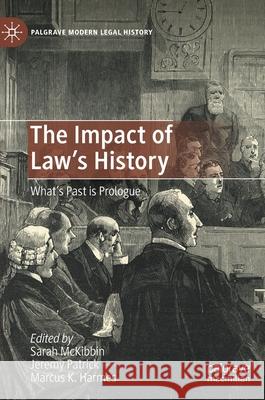The Impact of Law's History: What's Past Is Prologue » książka
topmenu
The Impact of Law's History: What's Past Is Prologue
ISBN-13: 9783030900670 / Angielski / Twarda / 2022 / 322 str.
The Impact of Law's History: What's Past Is Prologue
ISBN-13: 9783030900670 / Angielski / Twarda / 2022 / 322 str.
cena 564,88
(netto: 537,98 VAT: 5%)
Najniższa cena z 30 dni: 539,74
(netto: 537,98 VAT: 5%)
Najniższa cena z 30 dni: 539,74
Termin realizacji zamówienia:
ok. 16-18 dni roboczych.
ok. 16-18 dni roboczych.
Darmowa dostawa!
Kategorie:
Kategorie BISAC:
Wydawca:
Springer Nature Switzerland AG
Seria wydawnicza:
Język:
Angielski
ISBN-13:
9783030900670
Rok wydania:
2022
Ilość stron:
322
Waga:
0.53 kg
Wymiary:
21.01 x 14.81 x 1.91
Oprawa:
Twarda
Wolumenów:
01
Dodatkowe informacje:
Wydanie ilustrowane











